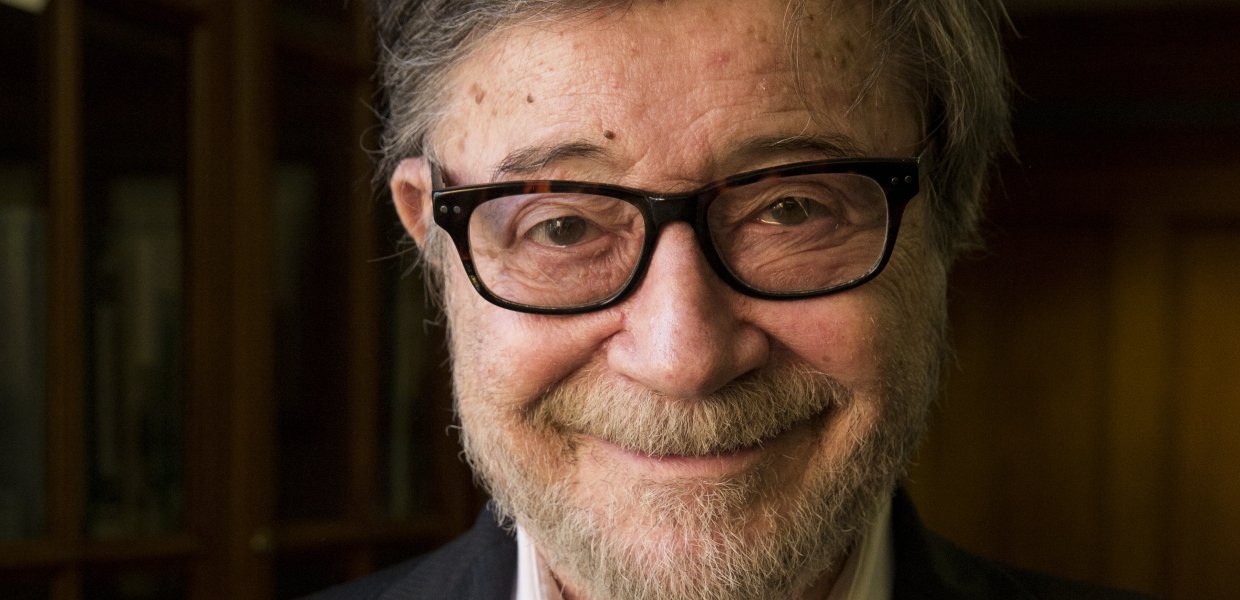
Annenberg Research Seminar: The new science of cause and effect
Monday, October 15, 2018
Noon – 1 p.m.
Wallis Annenberg Hall (ANN), 106 (Sheindlin Forum)
Professor Judea Pearl’s talk will summarize a revolution that has changed the way scientists deal with cause-effect questions and that will have profound effects on our future. Pearl will first describe how hard causal questions that long were regarded as either metaphysical or unmanageable can now be solved using elementary steps and what this tells us about how our mind achieves causal understanding. He will then outline how robots can be built that learn to communicate in our language of cause and effect and reason counterfactually about credit and blame, regret, intent and responsibility.
This talk is co-sponsored by the Departments of Data Sciences and Operations, Computer Science, and Economics.
No RSVP required. Lunch will be served.
Judea Pearl is a professor of computer science and statistics at UCLA, where he directs the Cognitive Systems Laboratory and conducts research in artificial intelligence, human cognition, and philosophy of science. Pearl is the 2011 recipient of the ACM Alan Turing Award, and the 2002 London School of Economics Lakatos Award in the philosophy of science. He is the author of Heuristics (1983), Probabilistic Reasoning (1988), Causality (2000, 2009) and most recently co-authored The Book of Why (2018).
This program is open to all eligible individuals. USC Annenberg operates all of its programs and activities consistent with the University’s Notice of Non-Discrimination. Eligibility is not determined based on race, sex, ethnicity, sexual orientation, or any other prohibited factor.